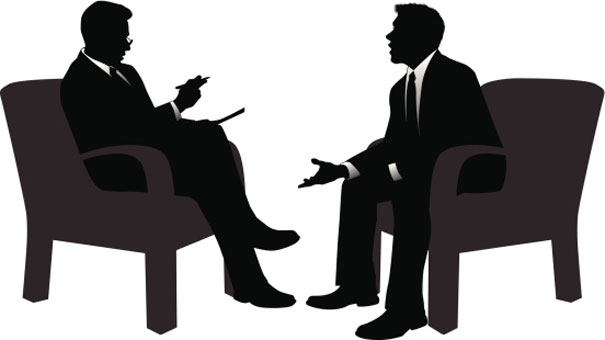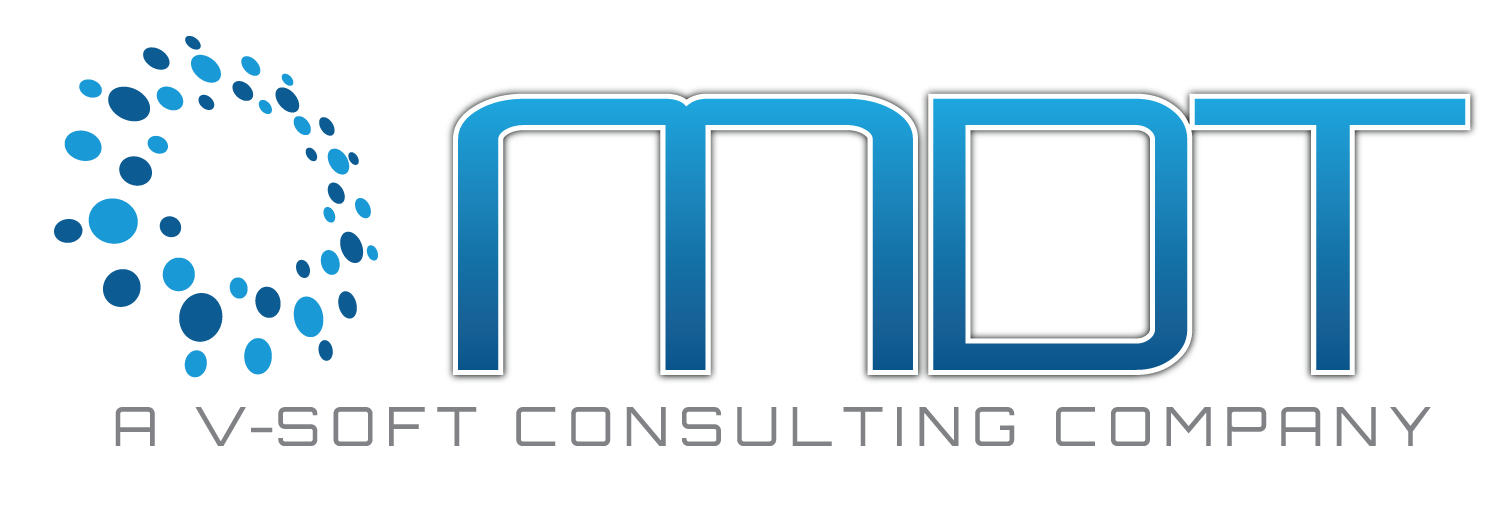Master These Top 10 Interview Questions

We always hear that first impressions are everything, and making a favorable one during a job interview can land you the job of your dreams. Without a doubt, interviews can be nerve-racking, especially for a job you really want. Doing the right amount of prep beforehand is the only way to calm your nerves so you’ll be ready for your interview. Here are 10 common interview questions.
1. Tell me about yourself.
Generally, this question take about one to two minutes to answer and will be your persuasive sales pitch. Write down two or three notable accomplishments to bring up during your elevator pitch. You want to give a concise synopsis of who you are as a person and show how articulate you are. Leave out rambling about your personal history and talk about highlights from previous work or schooling and how your background and experience can contribute to the company.
Always know what the company is searching for. If they hold technical skills in high regard, play those up. Showcase every attribute needed for the position you’re interviewing for.

2. What are your strengths and weaknesses?
Pick strengths that coincide with the company’s culture and goals. Highlighting your ability to multitask and take initiative are always a plus with start-up companies. Think of the things that people have said about you when coming up with your lists of strengths and always back up your points with examples. Key factors when choosing particular strengths to highlight is being sure they relate to position you’re applying to.
Acknowledging your weaknesses can always be the hardest question to answer. Stay away from cliché answers like you work too hard or you’re too much of a perfectionist. Do your best at sticking to the truth and elaborate on the steps you take to counter the weakness. Examples can be impatience; wanting to get the job done, time management; having too much free time. Put a positive spin on the weakness but be sure it doesn’t sound practiced. You look like a problem solver when you explain what you do to fix a flaw.
3. What salary are you looking for?
At an interview, you do not have to answer this question. Tell the interviewer that you would like to hold off on this question until you both know that you are right for the job and have received an offer of employment.

4. Why do you want to work for us?
The only way to effectively answer this question, is by doing your research. Read everything you can about the company, i.e. websites, news articles, profiles of employees, blogs, social media accounts, ant tidbits on LinkedIn, etc. If you know any employees at the company, talk to them about what the company is like. Gain as much knowledge possible about the culture and company goals are and apply them to your own career goals and future.
5. Where do you see yourself in a few years?
Access how you can move forward from the position you’re interviewing for. Identify the natural career track and tailor your answer to the company. Be sure to stay on track, saying nothing that may make you look like an unattractive candidate; wanting to work for their competitor or personal goals like becoming a mother. Stick to professional examples.
6. Are you interviewing with other companies?
Being straight forward answering this question is best. A simple yes, I am interviewing for other opportunities will do. You can mention that this particular job is your first choice but your availability may come to an end if offered another opportunity. If you are not interviewing elsewhere, just answer no. Honesty is always the best policy.

7. What can you do for this company?
Apply this question in your interview prep. Determine why you would do a good job at the position and the steps you would take to achieve it. Provide new ideas and examples of past accomplishments that benefited your previous companies. Interviewers love to hear about what you would do your first two weeks on the job. Be sure to give specifics on what you would like to accomplish and how. It makes is more impressive and believable.
8. Why do you want to leave or why did you leave your current job?
No need to share the dirty details when answering this question but be sure that you are truthful. If you got laid off, let it be known and X amount of people as well. If you are leaving a negative situation, do not badmouth your old boss or company. Express that you are looking for growth and how you feel this particular company is a step in the right direction.
9. Do you have any questions for me?
Asking the proper questions can reveal a lot about your personality and is a vital part of the interview process. Craft open-ended questions that require more than a “yes” or “no” answer. Stay away from questions as if you think you got the job; don’t focus on pay, benefits or promotions. Keep a ‘what can I do for the company’ mindset rather than ‘what can the company do for you.’
10. When did you have to deal with conflict in the office, and how did you resolve it?
Be sure that you are not negative or bitter when answering this question. Stay positive because your answer will ultimately reflect if you take conflict well, or not. Talk about a problem you faced and elaborate how you proactively resolved it. Best examples come from past experiences.

